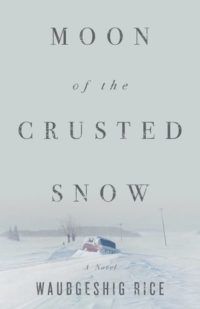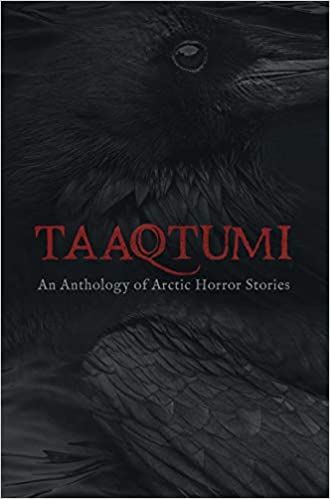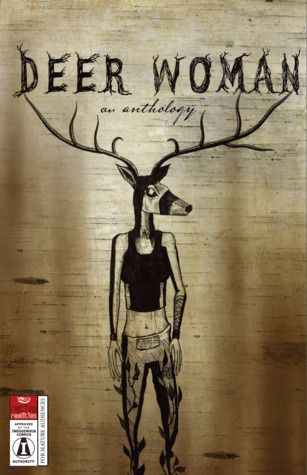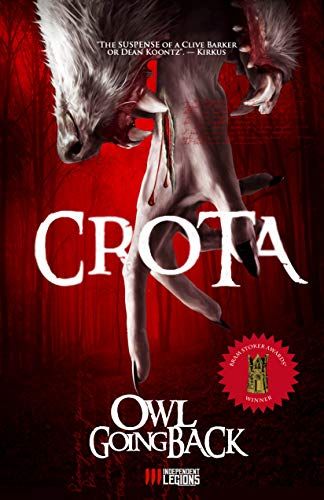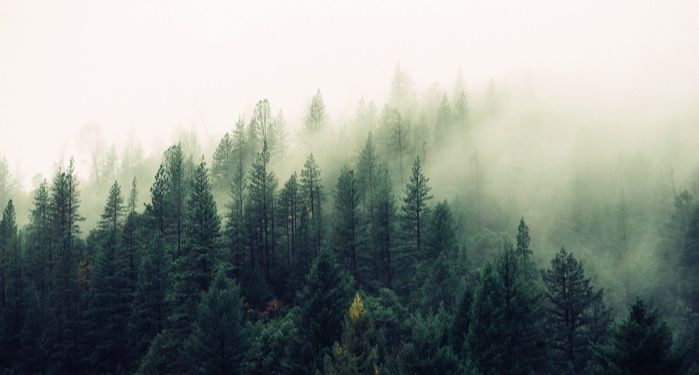
Welcome To Indigenous Horror: 4 Indigenous Books To Try
For those who haven’t been keeping on top of new releases, Indigenous horror is kind of having a moment and I am here for it. Both The Only Good Indians by Stephen Graham Jones and Empire of Wild by Cherie Dimaline released around the same time and I devoured both of them.
Jones crafted an eerie and at times straight-up frightening novel in The Only Good Indians, about when the past comes back to haunt us. I can also promise you that you’ll never look at an elk the same way again. In Empire of Wild, Dimaline tackles the mythology of werewolves and shifters with Little Red Riding Hood flair, as a woman investigates her husband’s disappearance and his bizarre, newfound identity. The horror is different here, relying on slow, building tension as readers try to suss out what is real and what isn’t.
As book-lovers, when we find a niche that really works for us, the natural progression is to find more to read. If you loved either, or both, of the above books, or just want new voices to read in horror, here are four more additions to the First Nations and Indigenous horror genre.
Moon of the Crusted Snow by Waubgeshig Rice
A post-apocalyptic story might not be the scariest of the following suggestions, but right now I’m feeling a very real, particular sense of dread with dystopian settings. The horror comes from events having a real possibility of happening, because if 2020 isn’t a precursor to an apocalypse, I don’t know what is. Being trapped in a community that slowly descends into madness is frightening (and something I feel like I’m currently living through). There are no supernatural creatures or vengeful ghosts, but it does serve as a reminder that sometimes the monsters can be quite human. It’s realistic and is plausible in its setup. If you’re a horror reader who prefers stories where the events or setting aren’t far off from reality, you won’t be disappointed by this one.
Taaqtumi: An Anthology of Arctic Horror Stories by Aviaq Johnston, Richard Van Camp, Rachel Qitsualik-Tinsley, Sean Qitsualik-Tinsley, Thomas Anguti Johnston, and Repo Kempt
Anthologies are a great way to familiarize yourself with new authors without needing to borrow a gazillion books from the library. It’s a low risk bet with the potential for high reward. On a personal note, I’ve been turning to them during our current time as a way to get some reading done, even when my brain power is running on empty. The title comes from an Inuktitut word meaning “in the dark” and all of the stories focus on things that go bump in the night. There’s also the added bonus of the stories being set in cold, isolated communities where help often seems very far away.
Deer Woman Edited by Elizabeth Lapensée, Patty Stonefish, Allie Vasquez, Rebecca Naragon, and Weshoyot Alvitre
This graphic novel anthology is made up entirely of stories and illustrations by a dozen Native and Indigenous women. I have such a weakness for women in horror, given how our very existence is fraught with tense moments that may seem mundane to others (e.g. walking alone to your car at night). The stories are inspired by the “Deer Woman” myth and are dedicated to the resiliency of Native women. For those who find visuals a large part of their spooky horror experience, I’m happy to suggest this anthology.
Crota by Owl Goingback
This is a book that really bridges the gap between horror and thriller, and that would also satisfy the mystery readers amongst us. Crota is a great companion if you’ve read and enjoyed Devolution by Max Brooks. A monster hunting expedition steeped in folklore, Crota harkens back to the feeling of pulp novels with all the blood and guts of an Eli Roth movie. If you’re more interested in visual horror rather than the psychological or imagined, and would prefer having a more tangible horror “villain,” check this one out!
Have you been interested in Native and Indigenous horror lately? Let us know on social media!



